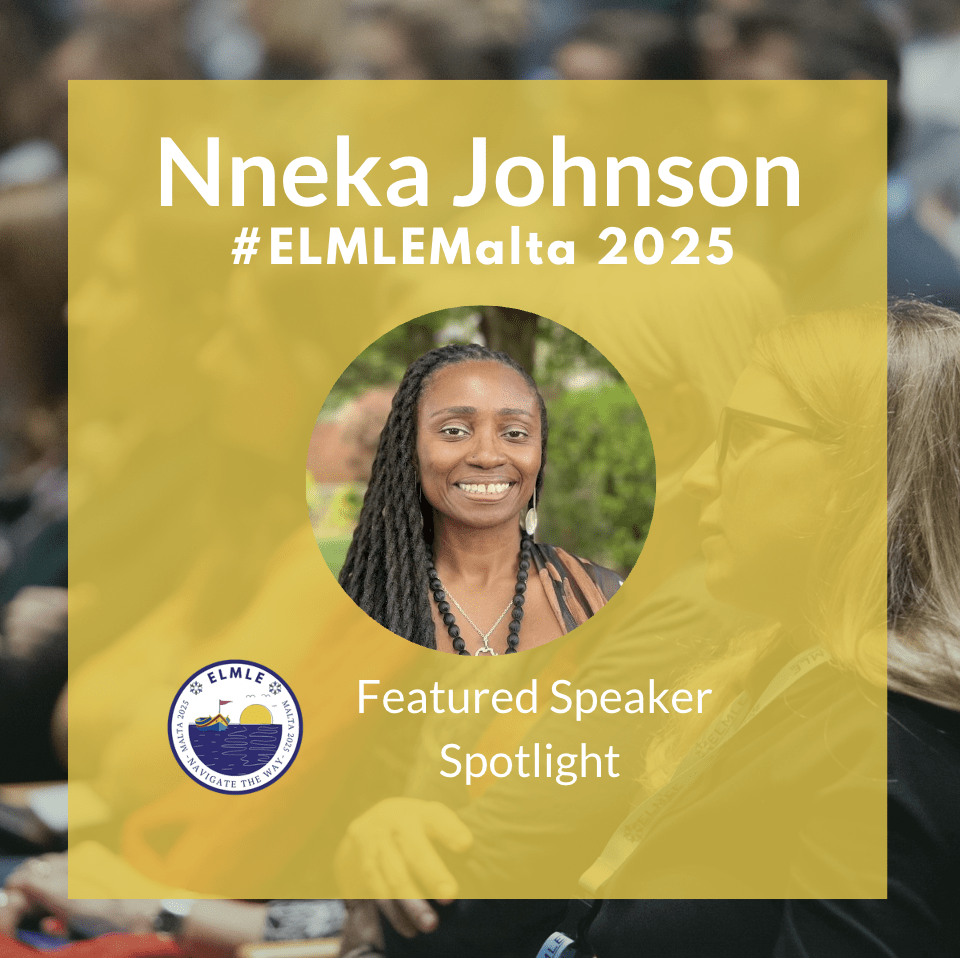As generative AI becomes increasingly prevalent in education, middle school educators face the unique challenge of teaching students not just how to use AI tools, but how to understand and critically evaluate their limitations and biases. Central to this challenge are Large Language Models (LLMs). A Large Language Model (LLM) synthesizes excessive amounts of data created by humans to generate realistic outputs for users.
During my deep dive into LLMs, I discovered early on these generative AI tools are based on potentially biased human training data. This bias can be displayed in both subtle and non-subtle ways. As educators, it is imperative that we understand the implications of using these tools in our various contexts.
One day while I was scanning LinkedIn I came across an article titled, “Gen AI is Racist. Period.” The title drew me in as I wanted to learn more about this specific declaration. Generative AI is inherently biased, that I knew, but I was interested in learning more about the assertion in the title.
The author highlighted a quick activity to investigate the biases of generative AI. In short, two almost identical essays were graded differently by a number of the popular LLM’s.
What was the difference?
In one essay the writer stated that their favorite music was classical music and the other essay stated that their favorite music was rap music. Guess which essay was graded lower?
The notion of this blatant bias is not only troubling, it is a call to action for all of us to be discerning when using generative AI. In their book, The Promises and Perils of AI in Education: Ethics and Equity Have Entered The Chat (2024), Shelton and Lanier assert that Artificial Intelligence is not objective and it just mirrors the biases of the creators. Human biases exist in every context and AI amplifies those biases. If we are aware of this, do we stop engaging with the use of generative AI? Do we limit the use? Or do we become more discerning while understanding the implications?
How do we as educators mitigate bias when using generative AI in our classrooms?
- Awareness and Education:
Teachers who use generative AI need to be aware of and able to identify embedded biases. When schools are engaged with professional learning about generative AI, it is imperative that these sessions address how these tools amplify bias.
- Critical Evaluation of AI output:
Educators should always lead with their HI (Human Intelligence). All AI outputs and results should be critically assessed. Middle school students are developing their critical thinking skills and the onset of generative AI adds additional complexities. - Reflecting on one’s own biases
Educators must identify and examine their own biases when teaching but also when using generative AI to support their practice. Through honest self-assessment and relevant professional development teachers can ensure that their instructional decisions do not perpetuate additional harm.
- AI Literacy
In 2024 UNESCO released AI competency frameworks for students and teachers to help schools navigate the complexities of AI use in education. It is imperative that AI literacy is addressed and these frameworks provide a roadmap for schools to develop ethical, human-centered approaches to generative AI.
The integration of AI in middle school education offers exciting possibilities but also requires careful consideration of ethical issues, notably bias. By engaging in conversations addressing bias with faculty and students, schools can create more informed and critical use of generative AI.

Dr. Nneka Johnson is an advocate for international education. She believes in the power of servant leadership, design thinking/innovation, global engagement/collaboration and mentorship. Nneka strives to empower school leaders to use innovative methodologies to make a positive impact within their diverse communities.
In 2023, Nneka became the first Fellow at the Council of International Schools (CIS). Before joining CIS, she spent five years at the International School of Dakar (ISD), where she held the position of Director of Innovation and Strategic Development. In her senior leadership role at ISD she was responsible for a number of school strategic initiatives. She currently serves on the Association of International Schools in Africa (AISA) Board of Trustees and the AISA Professional Learning Design Team. She is also an Edsafe Women in AI Fellow.
Nneka’s educational background includes a Bachelor’s degree in Sociology from Queens College in New York City, a Master’s degree in Instructional Technology from Georgia State University, and a PhD in Curriculum and Instruction from Mercer University in Atlanta.
You can connect with Nneka on X (Twitter) at @NnekaJ_Edu
